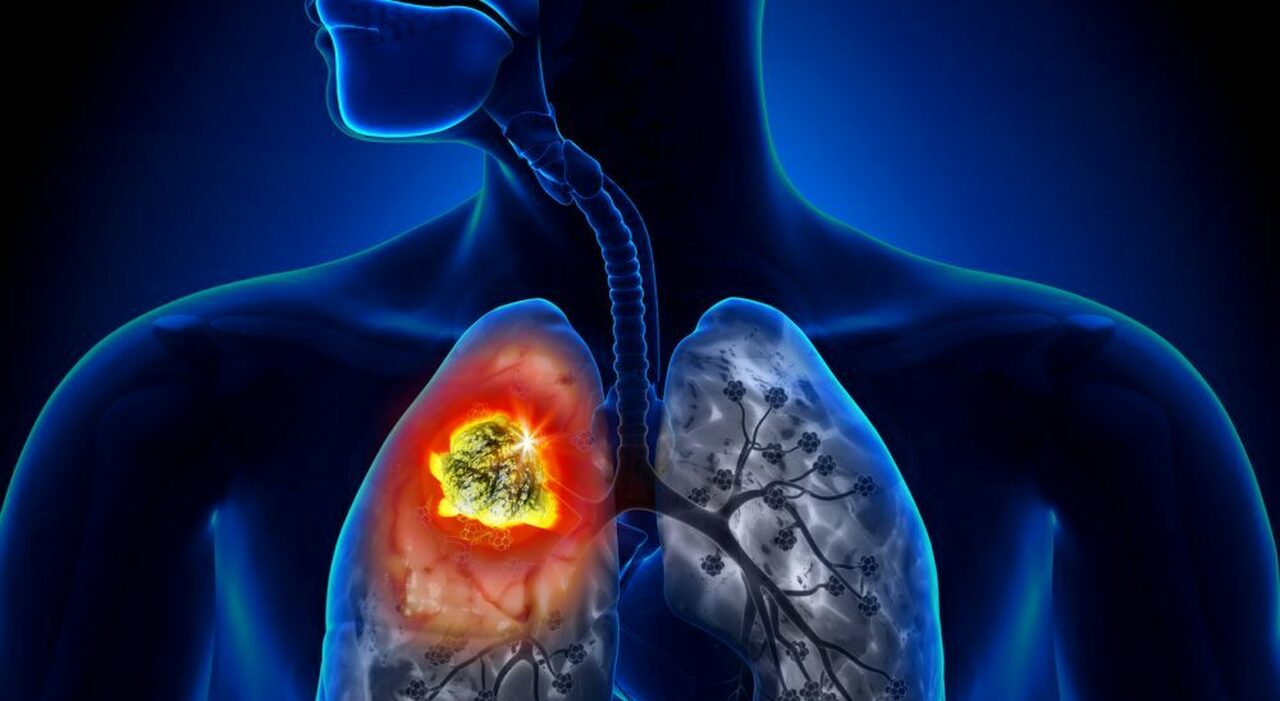Pollutant particles, which are typically found in vehicle exhausts and fossil fuel smoke, are associated with the risk of lung cancer non-small cell (NSCLC), which causes more than 250,000 deaths globally per year. Air pollution can therefore trigger the lung cancer in non-smokers. The new data was presented at the European Society of Medical Oncology (Esmo) Congress by researchers from the Francis Crick Institute and University College London, funded by Cancer Research UK.
Cancer, new drug combination discovered for patients whose cancer is resistant to immunotherapy
Here is the first page of the Messaggero on newsstands
The digital edition of the newspaper and the whole site for only 3 euros per month for 3 months.
Discover the SUMMER OFFER https://t.co/xT6Cj96ILD pic.twitter.com/CbVqU8Qm1w– The Messenger (@ilmessaggeroit) September 10, 2022
Lung cancer, new mechanism discovered
In fact, a new mechanism has been identified through which very small polluting particles in the air can precisely determine lung cancer in people who have never smoked, paving the way for new approaches to prevention and development of therapies. ‘The same particles in the air that result from burning fossil fuels, exacerbating climate change, have a direct impact on human health through an important and previously overlooked carcinogenic mechanism in lung cells. The risk of lung cancer from air pollution is lower than that from smoking, but we have no control over what we all breathe. Globally, more people are exposed to dangerous levels of air pollution than toxic chemicals in cigarette smoke, and these new data link the importance of addressing climate health to improving human health, ”says Charles Swanton, coordinator of the study.
Cancer, the hope from new therapies. “So we can abandon traditional chemotherapy”
Lung cancer, studies
The new findings are based on human and laboratory studies of mutations in a gene called EGFR that are seen in about half of people with lung cancer who have never smoked. In a study of nearly half a million people in England, South Korea and Taiwan, exposure to increasing concentrations of airborne particulate matter (PM) was linked to an increased risk of NSCLC with EGFR mutations. Same predisposition in subjects with KRAS gene mutations. In practice, the researchers observed that airway cells with mutations in the EGFR and KRAS genes can become cancerous when exposed to air pollutants. “We have known for a long time about the link between pollution and lung cancer and now we have a possible explanation for it. As fossil fuel consumption goes hand in hand with pollution and carbon emissions, we have a strong mandate to address these issues, both for environmental and health reasons, ”the researchers conclude.
